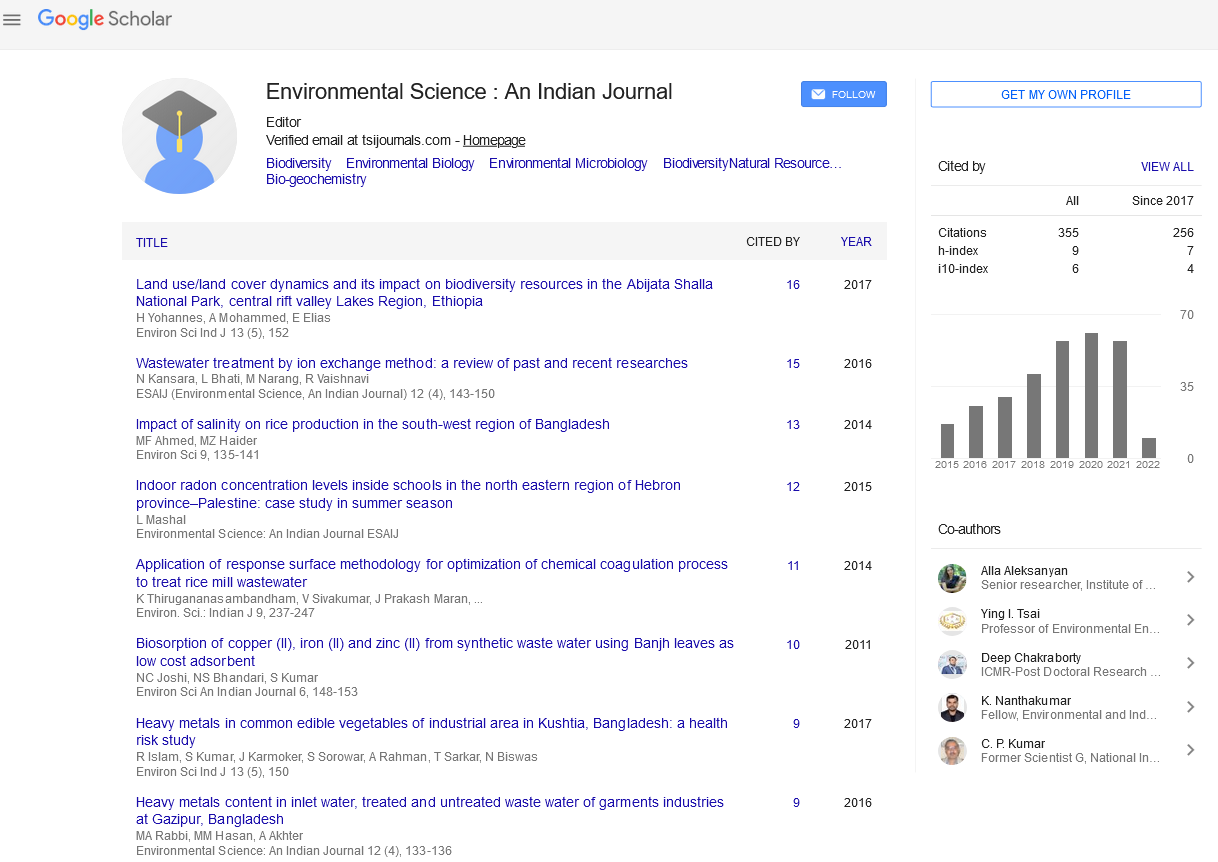Abstract
Environmental radon/thoron and their progenies
Author(s): L.A.Sathish, K.Nagaraja, S.Shoba, H.C.Ramanna, V.Nagesh, S.Sundareshan, T.V.RamachandranRadon is the most important source of natural radiation and is responsible for approximately half of the dose received totally from the rest of the sources.Most of it comes fromthe inhalation of the progeny of 222Rn and is prominent in closed atmosphere. The continuous measure of the levels of 222Rn concentration in the different geographical areas is of great importance particularly in living places. The radon and thoron concentrations have been measured in houses of covering about 15 locations in different parts of Bangalore city, India. Solid state nuclear track detectors were used for measuring the concentrations. The data is continuously obtained for a period of two years since 2007, covering more than 150 houses. The construction materials used for building the houses are predominantly of cement, concrete and brick that is made up of local soil. The total average of radon in this area is found to be 33.38 Bqm–3. The values above 100 Bqm–3 are very fewand none of themhave more than 150 Bqm–3. The average value for radon in India is 57 Bq m–3 with a geometric mean of 42 Bqm–3, being the effective annual dose of 0.97 mSvy–1. The result shows no significant radiological risk for the inhabitants of Bangalore city and is well within the recommendations of International Commission on Radiological Protection.

